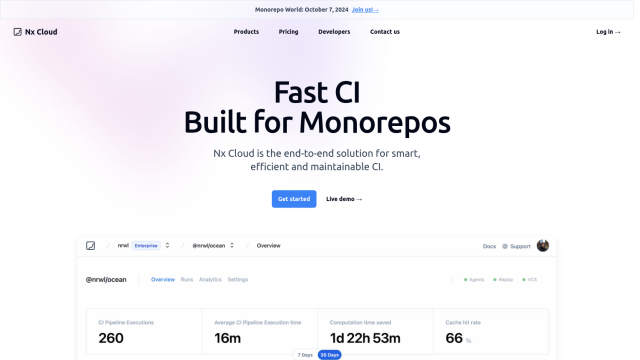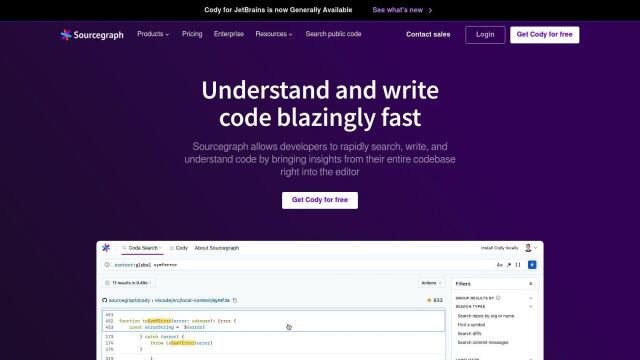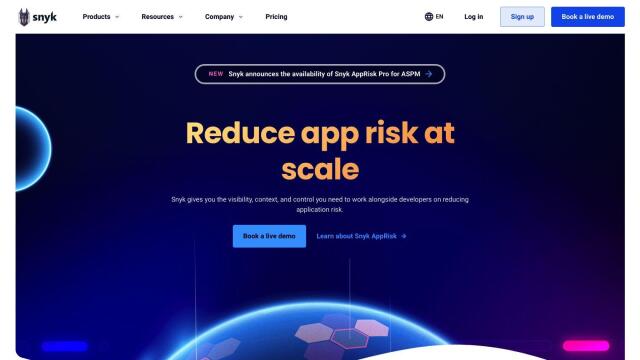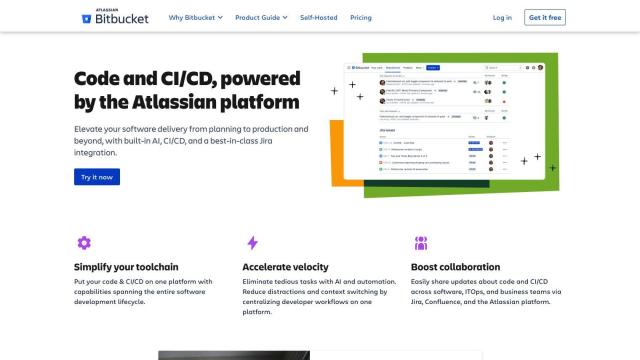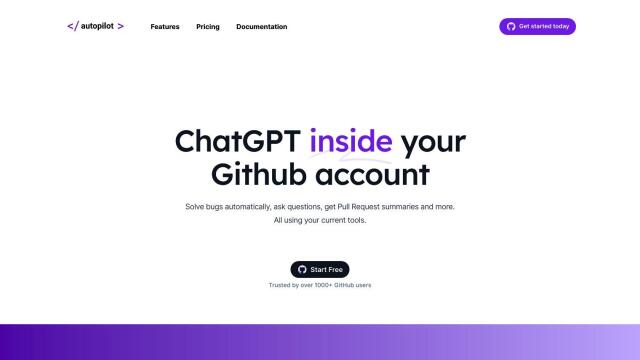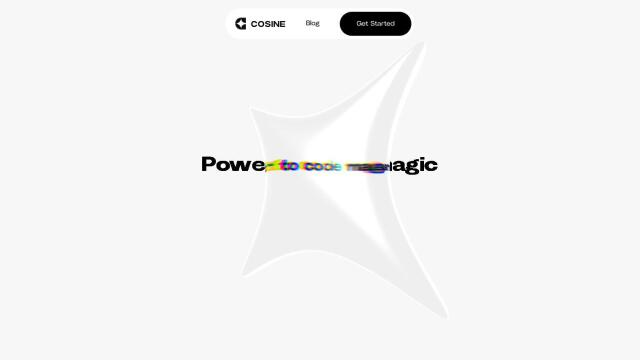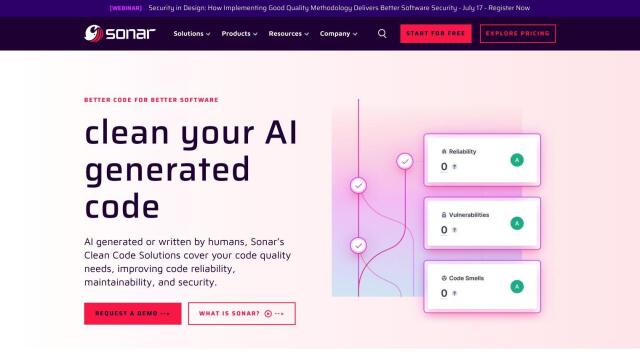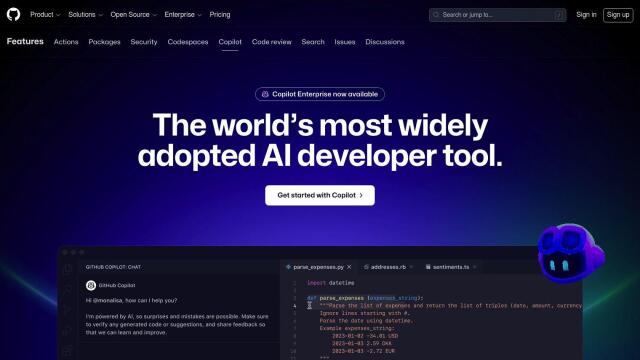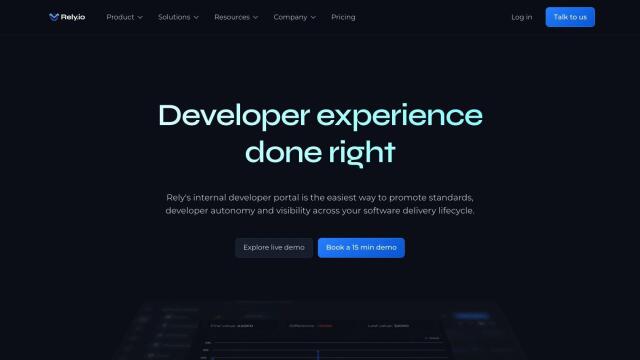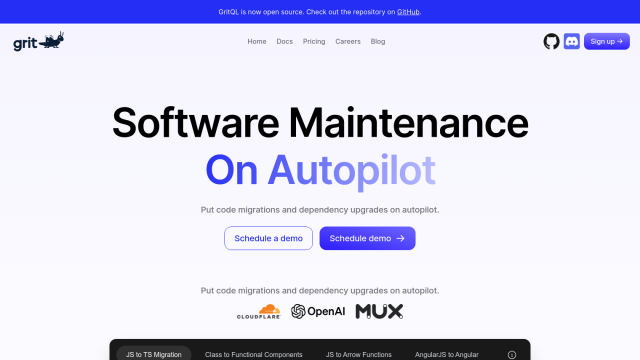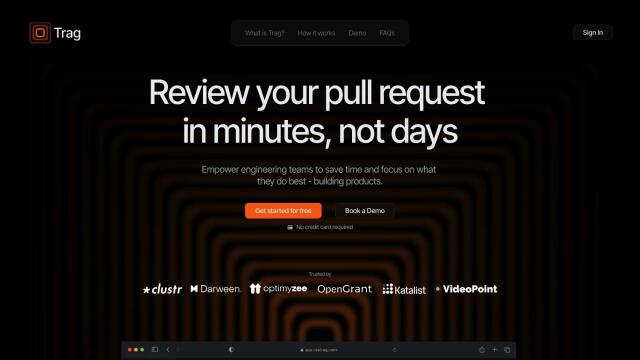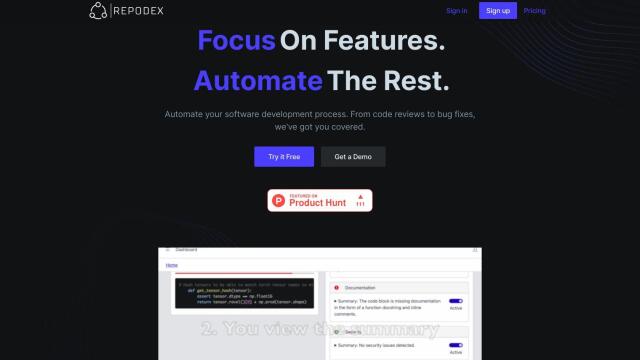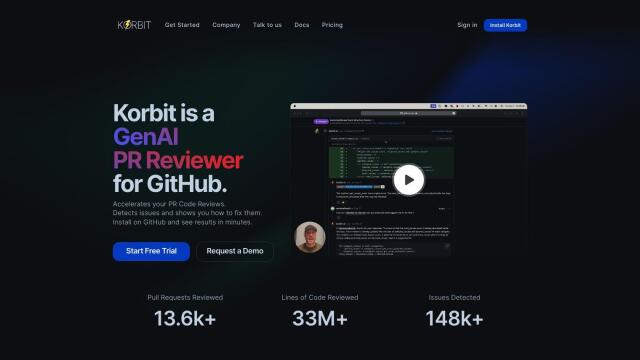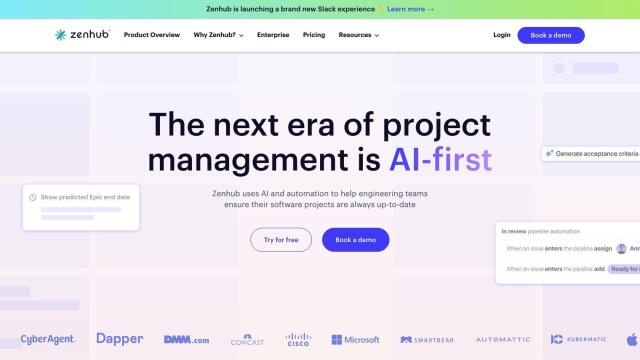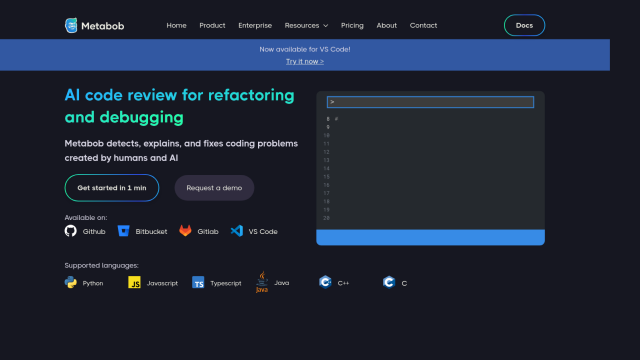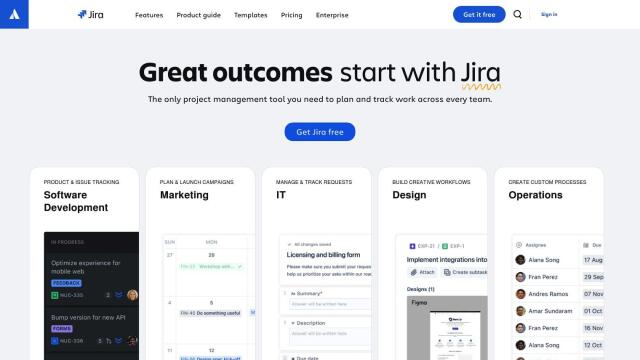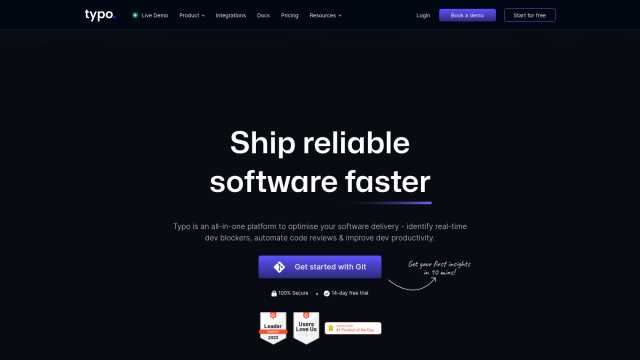Question: Can you recommend a tool that helps manage dependencies across multiple repositories and ensures they're up to date?

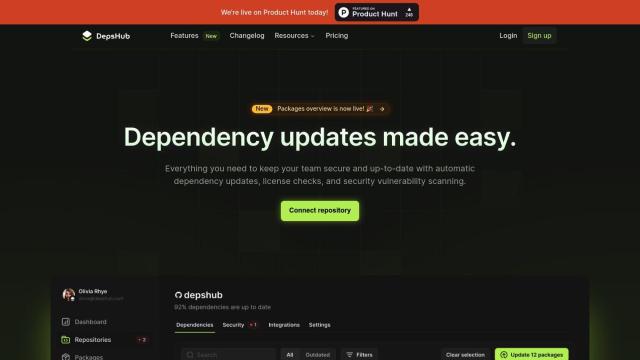
DepsHub
If you need something to handle dependencies across multiple repositories and to keep them up to date, DepsHub is a good option. DepsHub uses an AI engine to read library changelogs and release notes to update your dependencies, including breaking changes. It supports multiple languages and frameworks and can integrate with GitHub, GitLab, Bitbucket and Jira. DepsHub offers a free plan for open-source projects and a Professional plan that costs $28 per month per code contributor, so it can be a good option for keeping dependencies up to date without breaking the bank.

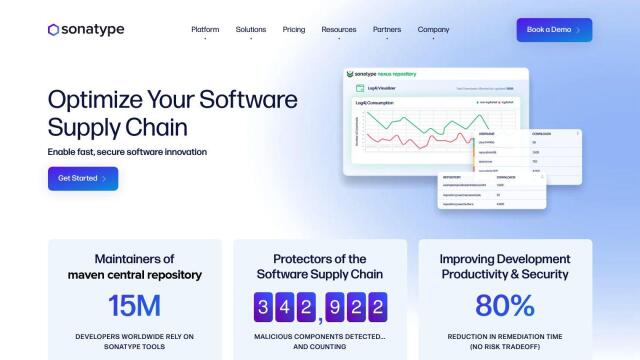
Sonatype
Another good option is Sonatype, which offers a software development lifecycle management platform. Sonatype centralizes component management so you can track and manage all components and binaries. The platform also includes features for reducing open source risk, monitoring health and policy compliance, and rapidly remediating vulnerabilities. With integrations with leading IDEs, source repositories, CI pipelines and ticketing systems, Sonatype can help shorten time to deployment and remediation.

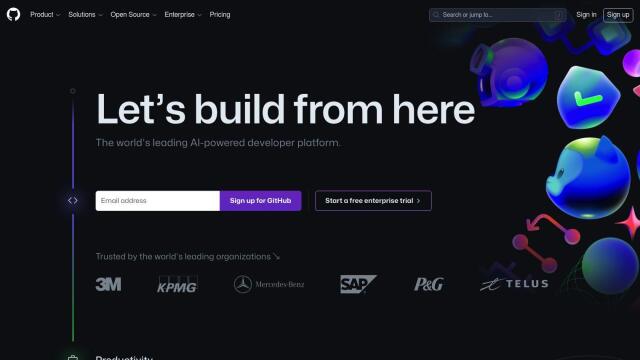
GitHub
If you prefer a more collaborative approach, GitHub offers a suite of tools to manage Git repositories, review code and track bugs and features. GitHub's Dependabot feature can help keep dependencies up to date, and its AI-powered coding assistance and automated build, test and deployment workflows can help speed up development. The platform also focuses on application security with features like code scanning and secret scanning, so it's a good option for keeping dependencies up to date and secure.

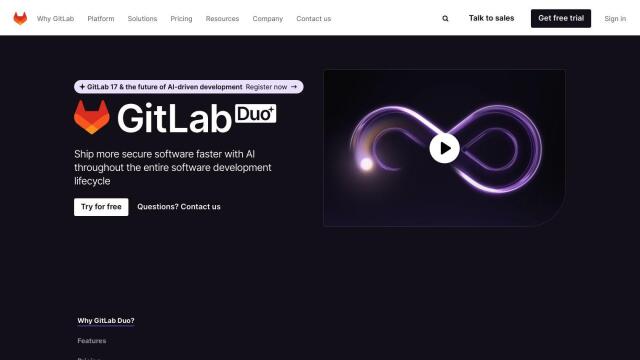
GitLab Duo
Last, GitLab is a DevSecOps platform that combines development, security and operations. It offers automated tasks, continuous integration and delivery, and AI-powered workflows. GitLab's threat vector management, vulnerability and dependency management, and automated software deployment make it a good option for managing the software supply chain and keeping dependencies up to date.

